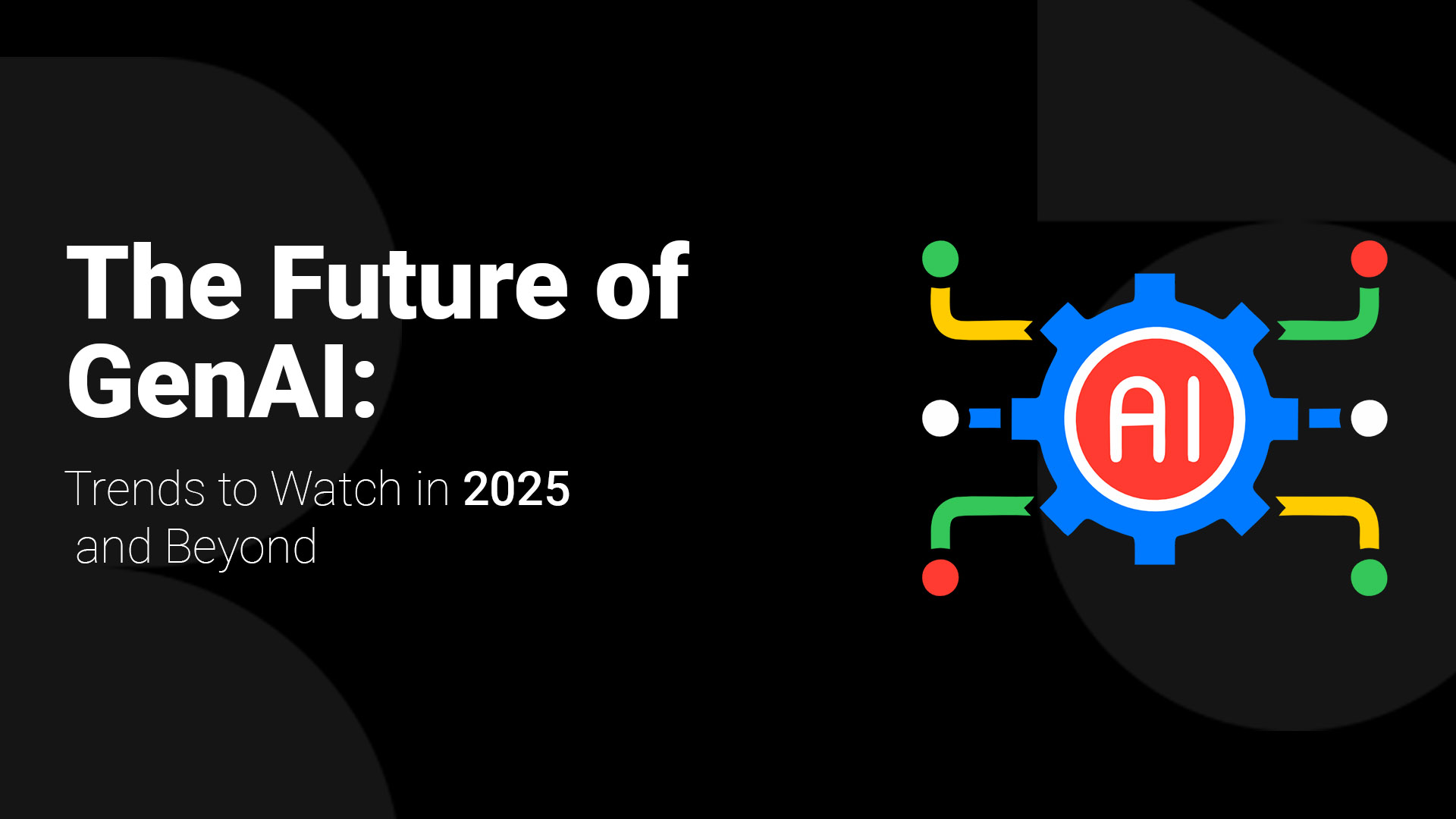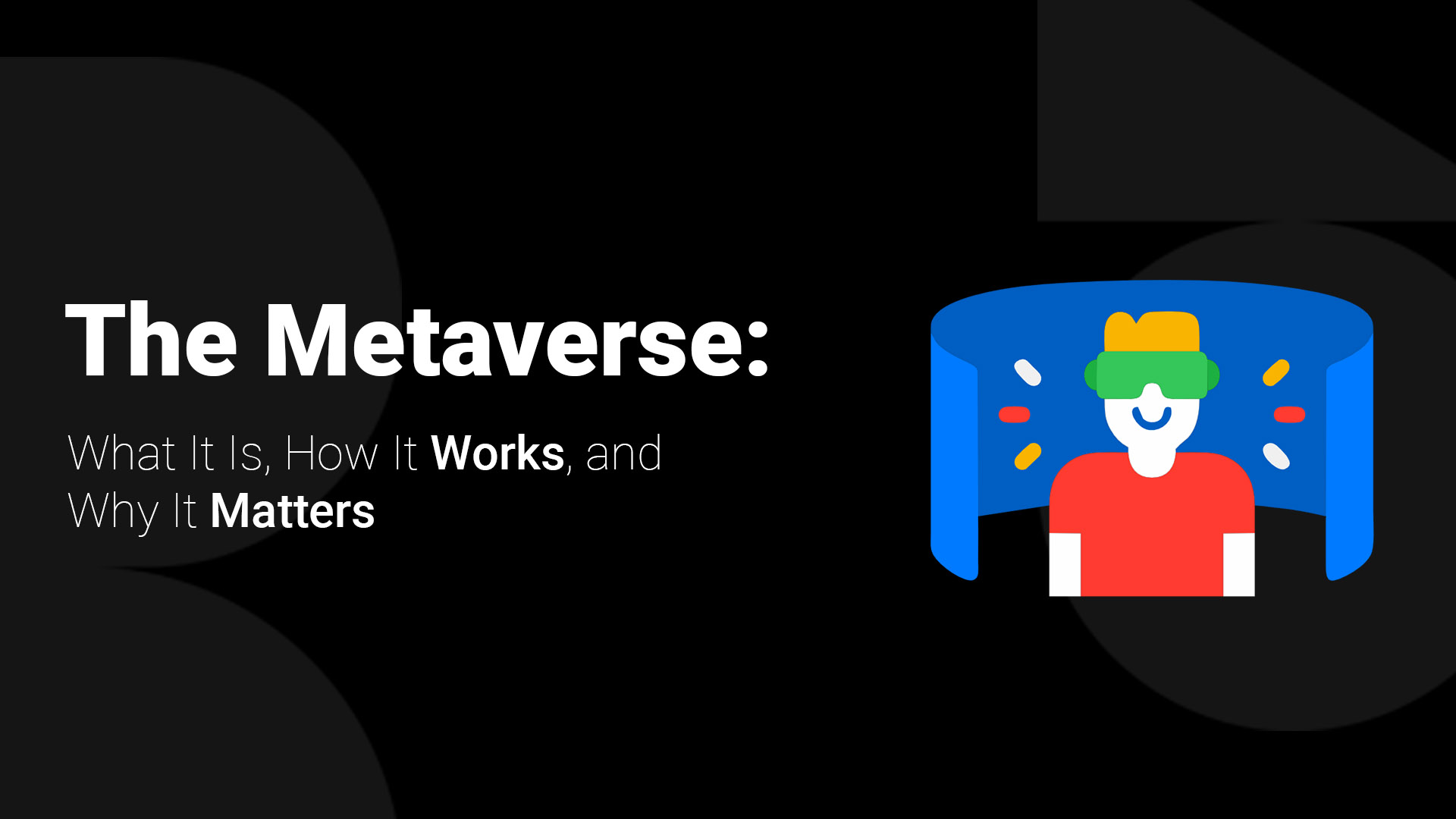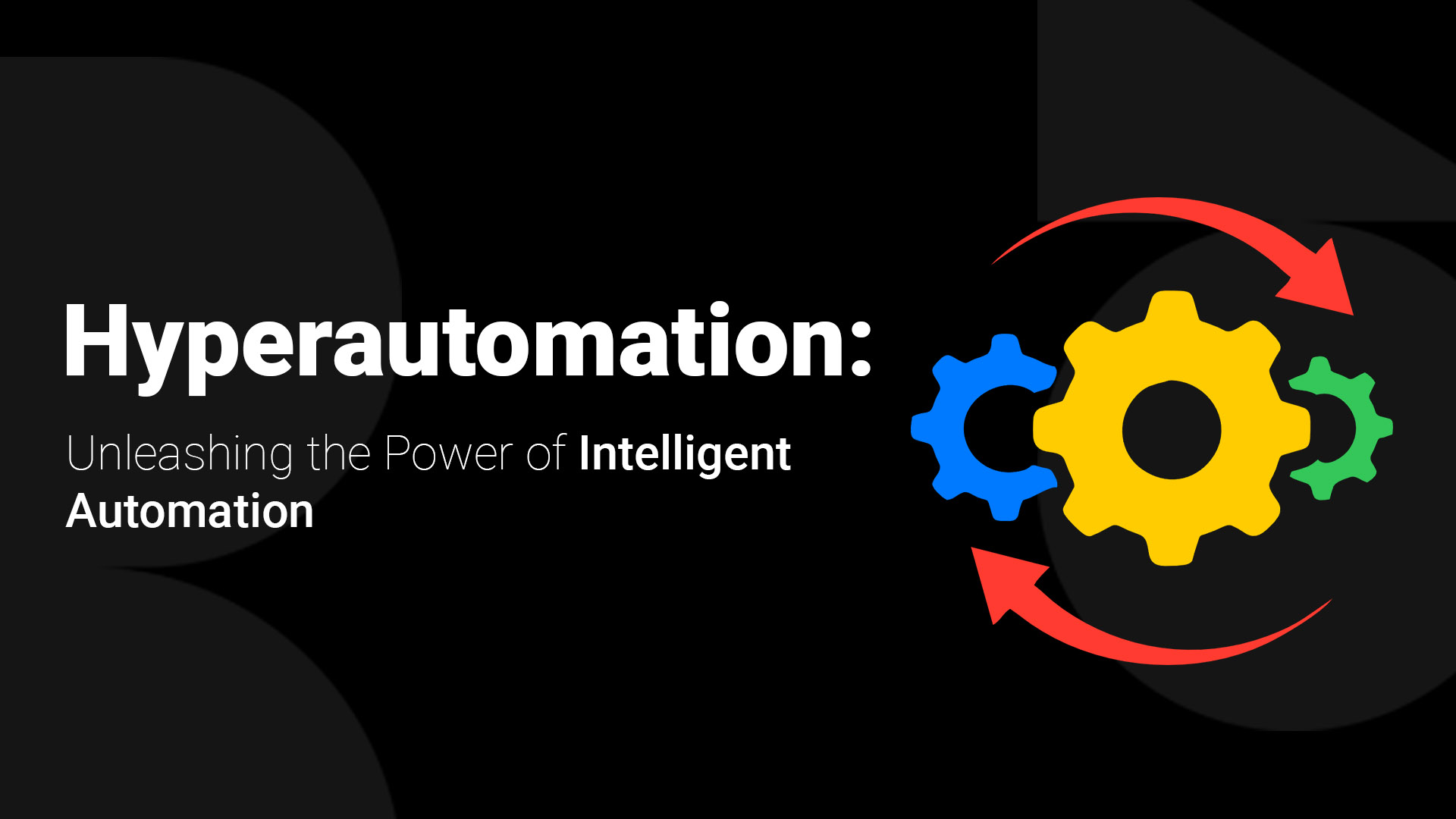
Generative AI (GenAI) has moved from the fringes of technology to center stage, revolutionizing industries ranging from entertainment to healthcare. As we look forward to 2025 and beyond, the trajectory of this powerful technology promises to redefine how we work, create, and interact with the digital world. Here, we explore the key trends that are shaping the future of GenAI.
Generative AI is poised to enable hyper-personalized experiences at an unprecedented scale. From retail to healthcare, businesses will leverage AI to craft tailored customer journeys. For instance:
E-commerce platforms will use GenAI to generate individualized product recommendations, custom marketing content, and even virtual try-on experiences based on user preferences.
Healthcare providers will employ GenAI to create personalized treatment plans, dietary advice, and patient education materials, enhancing patient outcomes and satisfaction.
The ability to adapt content and services dynamically to individual needs will be a defining feature of future digital ecosystems.
Creativity is no longer limited to human imagination. GenAI tools are already assisting artists, writers, and musicians. Moving forward:
AI-Generated Art will become mainstream, enabling creators to collaborate with AI for novel designs and concepts.
Writing Assistants will advance from simple grammar correction to co-authoring books, generating storylines, and producing nuanced, culturally aware content.
Music Composition powered by AI will allow hobbyists and professionals to create original compositions with minimal technical expertise.
These tools will not replace human creativity but enhance it, enabling new forms of expression and democratizing access to creative fields.
GenAI is evolving to seamlessly integrate multiple data modalities—text, images, video, and audio—into cohesive outputs. By 2025:
Virtual assistants and chatbots will process and respond to user queries using a combination of text, voice, and visual data.
Content generation platforms will allow users to describe their ideas verbally and watch them come to life as visual, animated, or interactive content.
Multimodal AI will play a key role in education, creating immersive learning experiences that combine lectures, illustrations, and simulations.
The convergence of modalities will make GenAI more intuitive and accessible for users across different skill levels.
As the capabilities of GenAI expand, so do the concerns about misuse and ethical dilemmas. Key areas of focus in the coming years will include:
Bias Mitigation: Developing AI systems that are fair, unbiased, and inclusive, ensuring equitable outcomes.
Content Authenticity: Addressing the proliferation of deepfakes and misinformation by embedding watermarking and traceability into AI-generated content.
Regulatory Frameworks: Governments and organizations will collaborate to establish global standards for responsible AI use, balancing innovation with societal well-being.
Building trust in AI will be critical to its widespread adoption.
Generative AI will continue to transform workplaces, automating routine tasks and enhancing decision-making. By 2025:
AI Co-Pilots integrated into tools like word processors and spreadsheets will simplify complex workflows, from drafting contracts to analyzing datasets.
Training and Upskilling platforms will use GenAI to create personalized learning paths for employees, bridging skill gaps in real time.
HR Processes such as talent acquisition and performance reviews will leverage AI to assess candidates and employees more holistically.
These applications will enable businesses to achieve greater efficiency while empowering employees with smarter tools.
The gaming and entertainment industries are on the cusp of a transformation, thanks to GenAI’s ability to create expansive, dynamic virtual environments. In the future:
Game Developers will use GenAI to design procedurally generated levels, characters, and story arcs, offering endless replayability.
Film Production will incorporate AI to generate photorealistic sets, digital actors, and even entire scripts, cutting production times and costs.
Metaverse Experiences will leverage AI to create personalized, interactive spaces where users can socialize, work, and play.
These innovations will blur the lines between reality and fiction, creating immersive digital experiences.
Rather than replacing human roles, GenAI will amplify human capabilities. By 2025 and beyond:
Hybrid Teams comprising humans and AI will become the norm in industries like journalism, research, and design.
Real-Time Language Translation powered by GenAI will bridge communication gaps, enabling seamless collaboration across geographies.
AI-Assisted Decision-Making will provide actionable insights in sectors like finance, logistics, and public policy, helping humans make more informed choices.
This partnership will redefine productivity and innovation in ways previously unimaginable.
The rapid growth of GenAI has raised concerns about its energy consumption. The future will focus on:
Optimizing AI Models to require less computational power while maintaining performance.
Leveraging renewable energy sources for AI training and deployment.
Federated Learning approaches that reduce data transfer needs, minimizing environmental impact.
Green AI initiatives will ensure that technological progress aligns with sustainability goals.
The future of GenAI is brimming with opportunities. From enhancing creativity and personalization to fostering ethical development and sustainability, the potential applications are limitless. As businesses and individuals embrace this transformative technology, the focus must remain on leveraging it responsibly to create a better, more inclusive digital world.
By staying ahead of these trends, we can ensure that Generative AI continues to empower humanity, driving innovation and enriching lives for years to come.
Generative AI (GenAI) is poised to redefine industries in 2025 and beyond with advancements in creativity, personalization, and decision-making. Key trends include enhanced AI-human collaboration, ethical AI frameworks, domain-specific AI models, and the integration of GenAI into diverse fields like content creation, healthcare, and customer experiences. As technology progresses, GenAI will play a pivotal role in shaping the future of innovation and automation.

The Metaverse is a virtual, interconnected digital universe...

This comprehensive guide to website design covers everything...

Hyperautomation is a transformative approach that integrates...